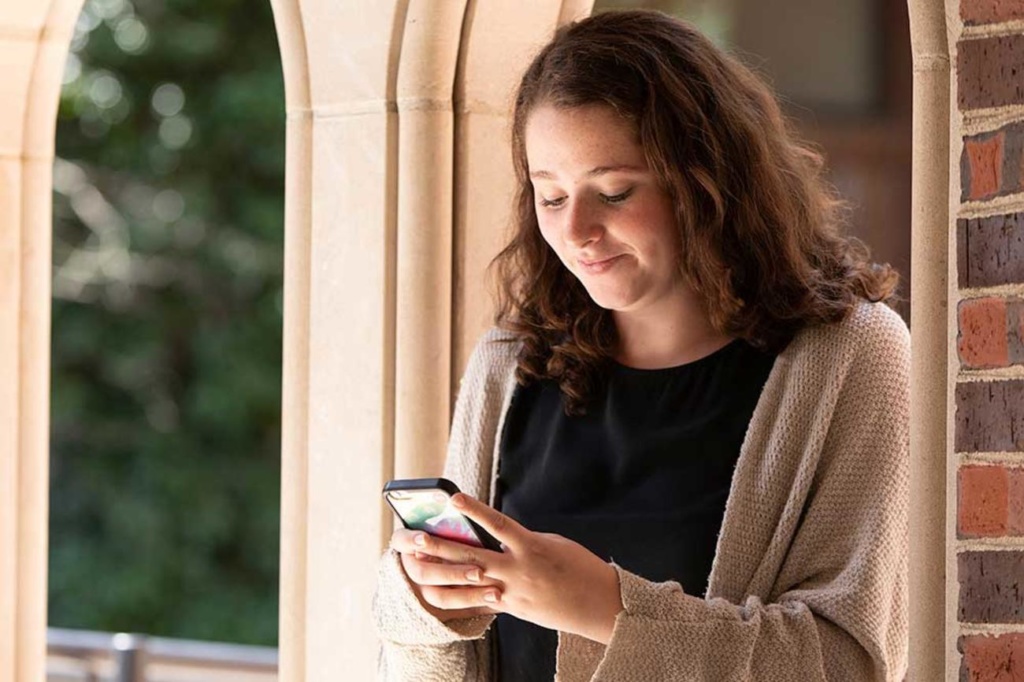‘Like’ it or not, using social media can cause anxiety, depression, and other health challenges. How can you change your habits?
The social media platform Instagram made headlines last year for suppressing likes in an effort to curb the comparisons and hurt feelings associated with attaching popularity to sharing content. But do these efforts combat mental health issues, or are they simply applying a band-aid to a wound?
It’s a small step in the right direction, says Jacqueline Sperling, PhD, a psychologist at McLean Hospital who works with youth who experience anxiety disorders, about Instagram’s recent restriction. “Even if you remove the likes, there continue to be opportunities for comparisons and feedback. People still can compare themselves to others, and people still can post comments.”
The Risks for the Reward
Social media has a reinforcing nature. Using it activates the brain’s reward center by releasing dopamine, a “feel-good chemical” linked to pleasurable activities such as sex, food, and social interaction. The platforms are designed to be addictive and are associated with anxiety, depression, and even physical ailments.
According to the Pew Research Center, 69% of adults and 81% of teens in the U.S. use social media. This puts a large amount of the population at an increased risk of feeling anxious, depressed, or ill over their social media use.
But what makes users come back for more even when it can literally make them feel sick?
“When the outcome is unpredictable, the behavior is more likely to repeat,” Sperling says. “Think of a slot machine: if game players knew they never were going to get money by playing the game, then they never would play. The idea of a potential future reward keeps the machines in use. The same goes for social media sites. One does not know how many likes a picture will get, who will ‘like’ the picture, and when the picture will receive likes. The unknown outcome and the possibility of a desired outcome can keep users engaged with the sites.”
To boost self-esteem and feel a sense of belonging in their social circles, people post content with the hope of receiving positive feedback. Couple that content with the structure of potential future reward, and you get a recipe for constantly checking platforms.
When reviewing others’ social activity, people tend to make comparisons such as, “Did I get as many likes as someone else?,” or “Why didn’t this person like my post, but this other person did?” They’re searching for validation on the internet that serves as a replacement for meaningful connection they might otherwise make in real life.
FOMO—fear of missing out—also plays a role. If everyone else is using social media sites, and if someone doesn’t join in, there’s concern that they’ll miss jokes, connections, or invitations. Missing experiences can create anxiety and depression. When people look online and see they’re excluded from an activity, it can affect thoughts and feelings, and can affect them physically.
A 2018 British study tied social media use to decreased, disrupted, and delayed sleep, which is associated with depression, memory loss, and poor academic performance. Social media use can affect users’ physical health even more directly. Researchers know the connection between the mind and the gut can turn anxiety and depression into nausea, headaches, muscle tension, and tremors.


Recent Comments